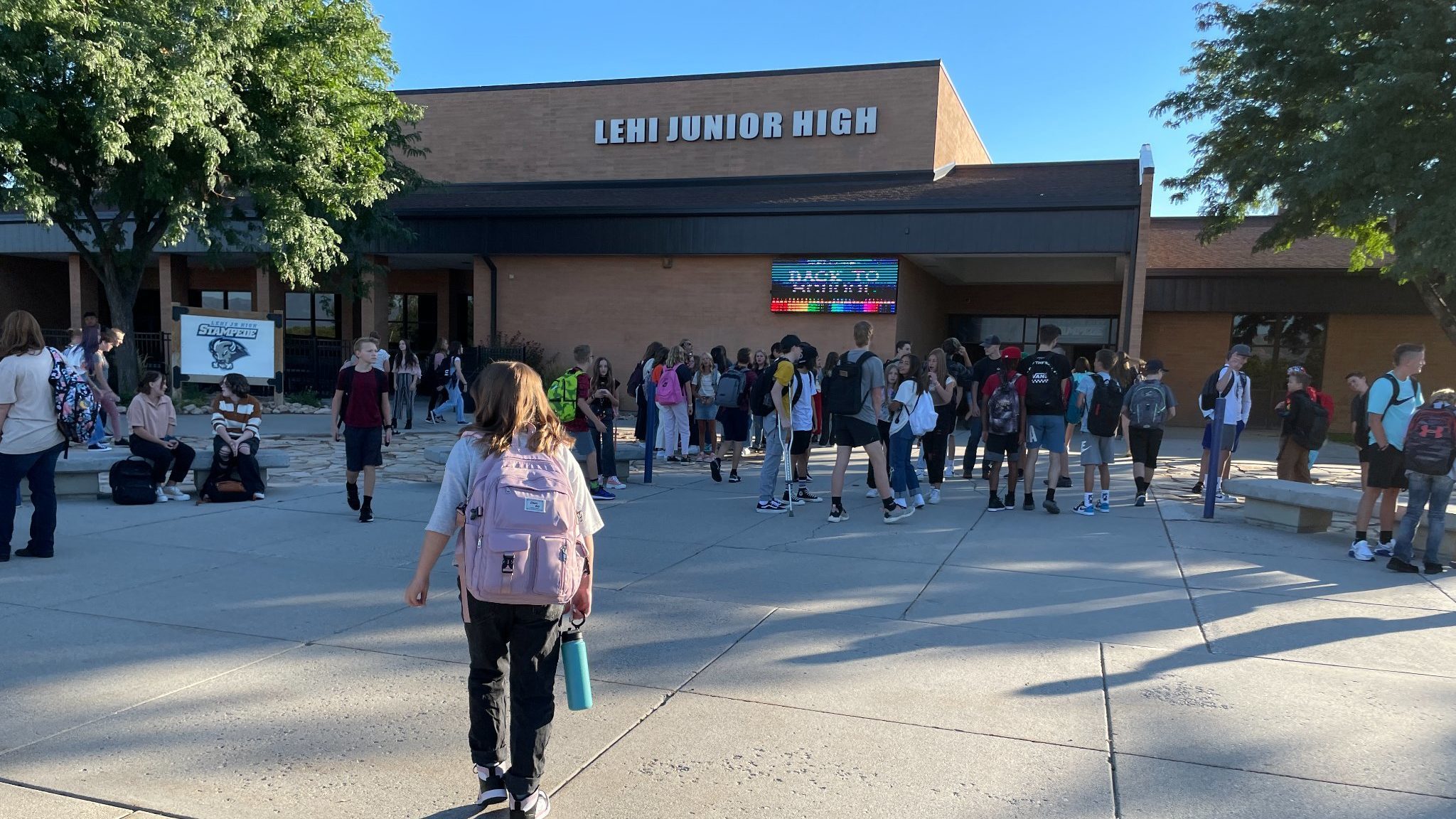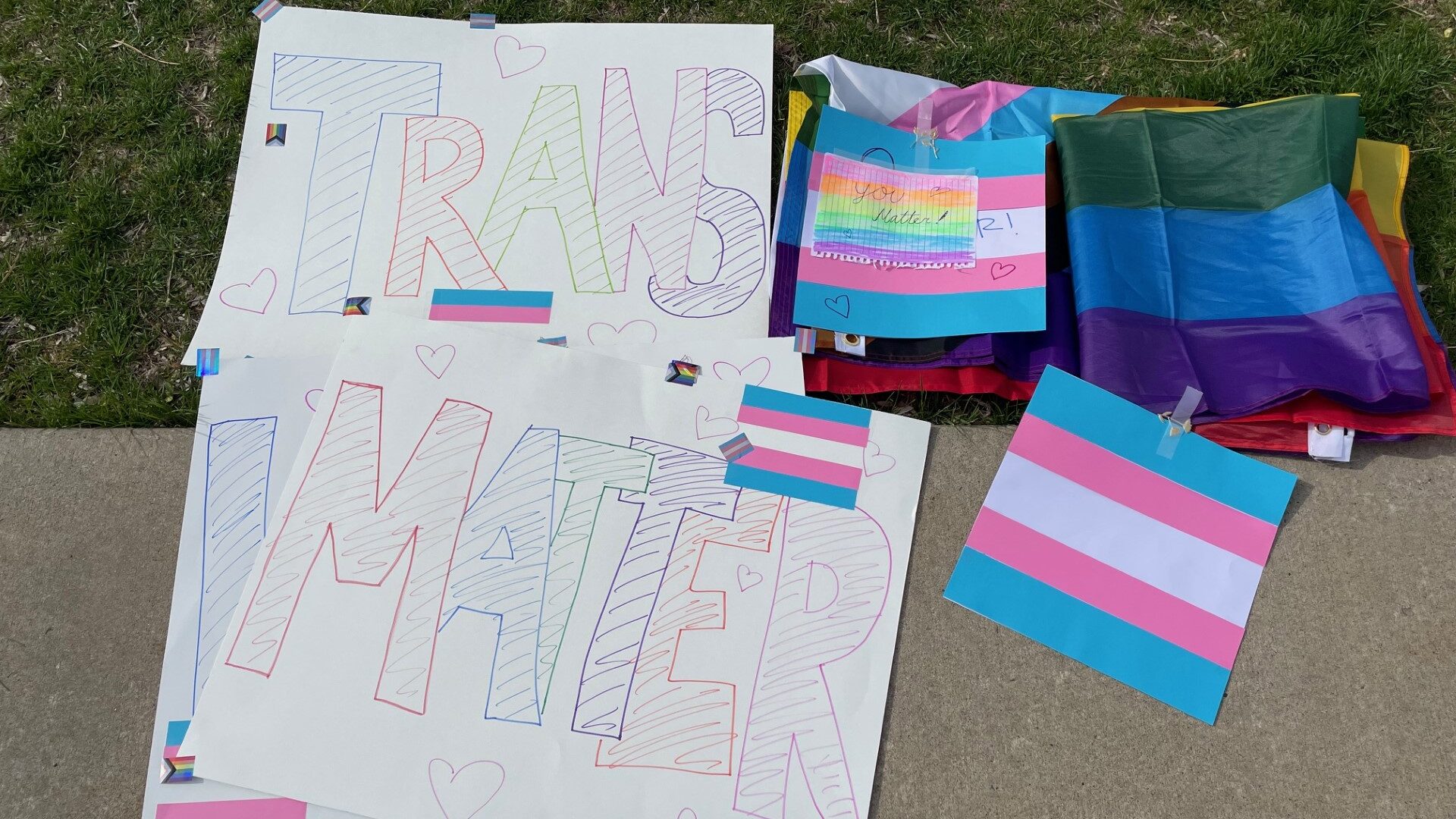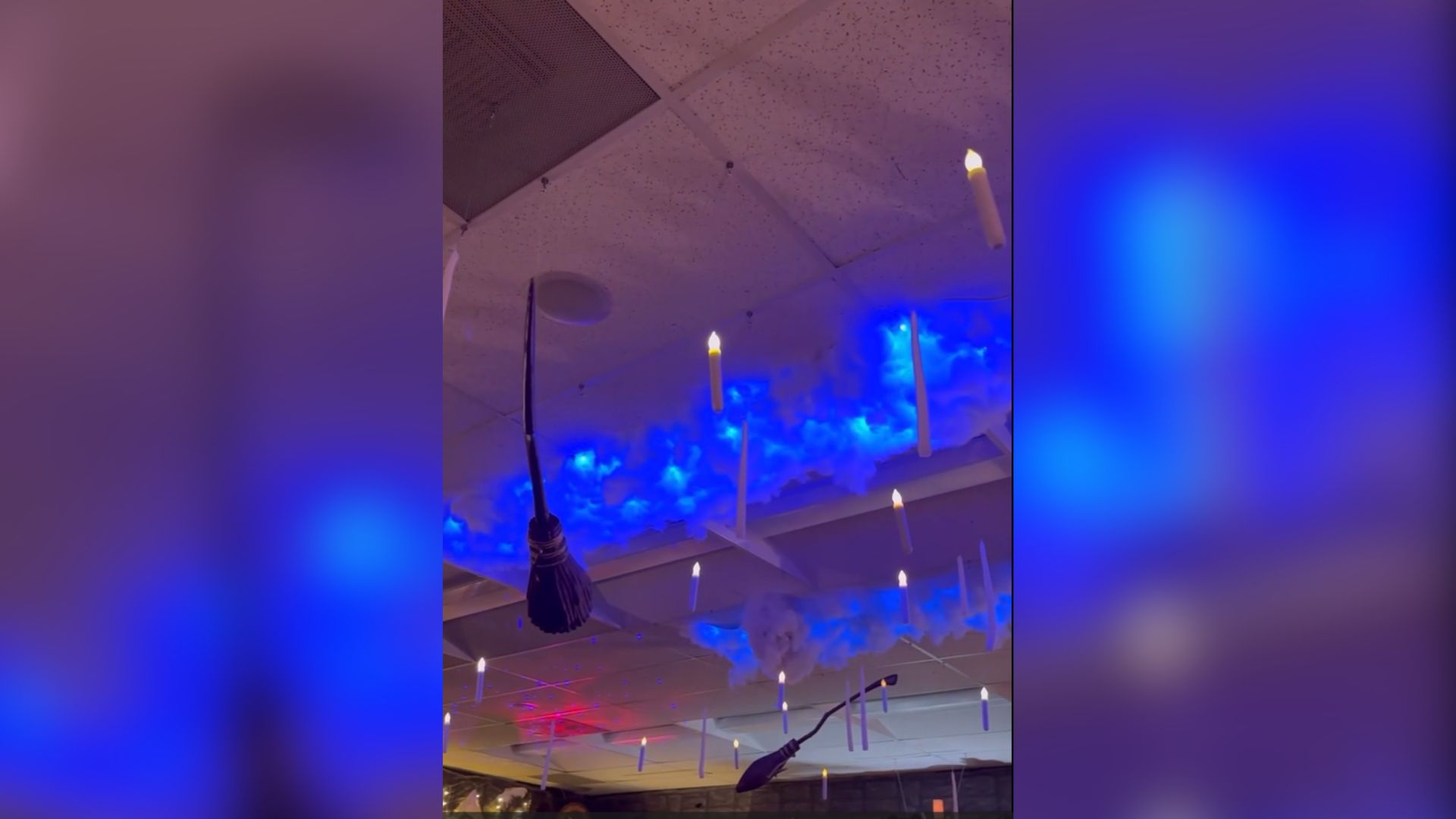How will the $595 million bond for Alpine School District affect residents?
Oct 19, 2022, 12:30 PM | Updated: Oct 20, 2022, 10:11 am

Lehi Junior High, an Alpine School District school, is pictured. (Alpine School District)
(Alpine School District)
OREM, Utah — Residents in the Alpine School District will be voting on a $595 million dollar bond this election Nov. 8.
David Stephenson, Alpine School District executive director of external relations and communications, said the district has a list of projects for which the bond money will be used.
What will Alpine School District use the bond for?
Part of the bond will go toward building new schools and rebuilding existing schools.
Stephenson said that the district has grown by 9,000 students in the last five years and is expected to grow by another 5,000 by 2030.
Accommodating that growth was paused during the pandemic.
“We are really delayed in getting these schools built,” Stephenson said. “In fact, we were going to do a bond in 2020. But, following serving our public and the pandemic, it was decided to hold off. So we’re really a couple of years behind when we normally would have bonded for all of this growth anyway.”
The bond money will also go toward increased safety measures like cameras, door locks and seismic protections.
The school district received a complaint alleging the district treated students differently based on income and race. One of the complaints alleged that three schools in the district did not have proper earthquake-safety measures in place.
Stephenson said the district has already taken steps to address earthquake safety and will be looking at two of the three schools mentioned in the complaint for possibly rebuilding.
How will the bond affect taxes?
The Utah Taxpayers Association said the bond isn’t presented accurately. The Alpine School District claims the bond will not increase the tax rate, but the Taxpayers Association disagrees.
If the bond passes, taxes for the district will increase in 2024, then go back to current levels by 2031. The district said the tax increases for the bond would be eliminated by 2044.
If the bond does not pass, taxpayers in the district would see taxes drop eight years earlier.
In a post on the Utah Taxpayers Association’s website, the group explained that with no new debts, taxes would diminish in the coming years. The group’s post further explained that if the bond goes through, the tax burden would remain nearly the same as today.
In response to the Taxpayers Association’s statements, Stephenson said that the district can layer its bonds, which helps the district pay them off more quickly.
“But ultimately, when we have that many new students coming into our buildings, and we have older buildings that need to be rebuilt because of seismic concerns, we need to bond for the funds to address those issues,” Stephenson said.
Kira Hoffelmeyer and Samantha Herrea contributed to this news report.













